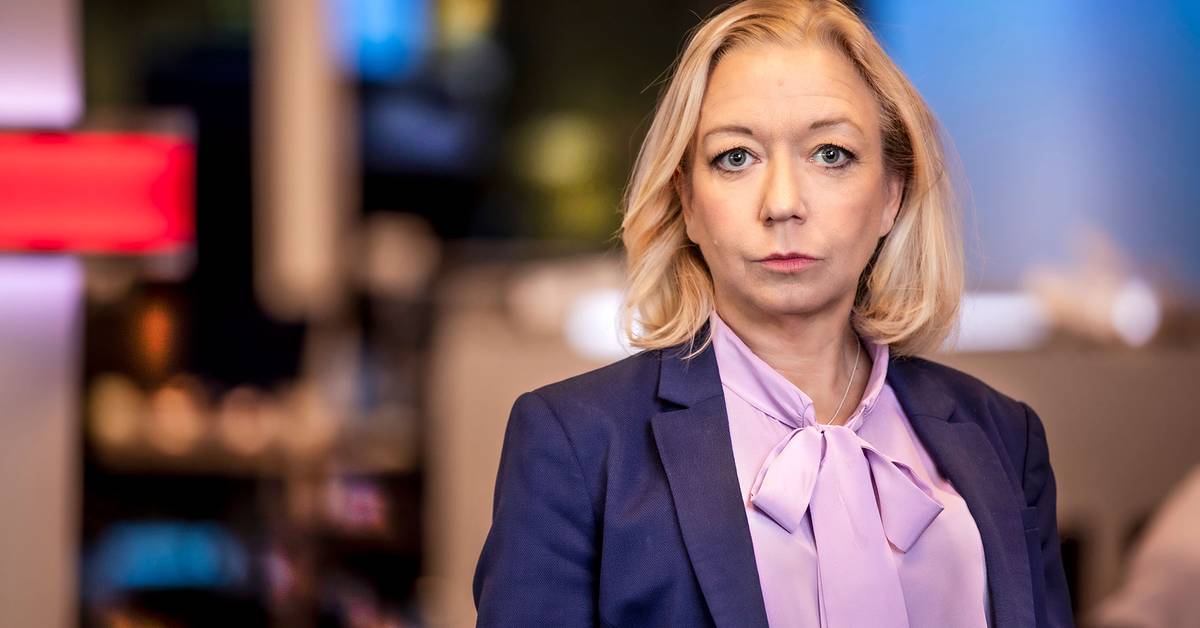One hundred days usually marks the end of the beginning for a new government.
Then it is no longer possible to blame non-delivery on the fact that the ministers are new to the job.
Voters expect a workshop, perhaps especially from a prime minister who described the previous government as paralyzed by action and went to the polls on the overarching promise of "getting something done".
But there hasn't been any jump start.
At least not in comparison with Fredrik Reinfeldt's (M) first government.
But the alliance parties were also fully aligned when they took office and could immediately start ticking off their reform agenda.
The Tidö parties did not even agree on which parties would form part of the government when the change of power was a fact.
A similarity with 2006 is the massive criticism from the opposition.
But while the coalition government quickly implemented what it said it would do, the Tidö parties are blamed for the opposite.
The opposition has successfully managed to create the image of a government collaboration that promises all around but keeps thin.
Delayed electricity price support troublesome for the government
Most troublesome is the delayed electricity price support.
Pressured by Magdalena Andersson's (S) superiority in public opinion and with the goal of winning the election on the wallet issue, Ulf Kristersson (M) promised a high-cost protection that would save the household economy "well before Christmas".
That the promise was risky was already obvious when it was given, and now the government has to pay the price.
According to a recent survey by Novus, trust in the government has decreased by 11 percentage points since October.
But households are not only plagued by hefty electricity bills.
The high inflation and the rising mortgage rates also contribute to the historically low expectations for the own economy.
And when voters' wallets shrink, support for the incumbent government often does the same.
The answer from the government is to sit still in the boat.
Not fueling inflation has become the government's most important fiscal policy measure.
Possibly motivated but not particularly offensive.
Even in environmental and climate policy, the government has ended up on the defensive.
With a budget that increases emissions, a defunct environment ministry and a finance minister who says "if we don't do it, we won't do it" about reaching the climate goals, it has been an open goal for the opposition.
The answer from the government is electrification and new nuclear power, but what will reduce emissions in the short term is still shrouded in obscurity.
NATO application a matter of fate
However, the problems above pale in comparison to the turbulence in the NATO process.
Taking Sweden into NATO is a matter of fate for Ulf Kristersson and his government.
The message last fall was that it would be easier for the new government because it had no "baggage" on the Kurdish question.
That calculation did not include the fact that the fringes of politics would hang up an Erdogan doll and burn the Koran outside the Turkish embassy.
It has now resulted in the most difficult crisis so far in the NATO process.
That the Swedish NATO application has become a pawn in the Turkish election campaign is clear.
Perhaps it is now time to keep ice in the stomach, let the Turkish election pass and trust that the pressure from the NATO countries on the easily offended President Erdogan will finally get the desired result.
More problems than joys in the first hundred days, then, but the mandate is long.
On the plus side is the parliamentary majority, which allows the government to drum through upcoming budgets as well as its most prioritized issues without encountering patrols in the Riksdag.
In any case, as long as the Sweden Democrats are satisfied with the delivery in the Tidö Agreement.

